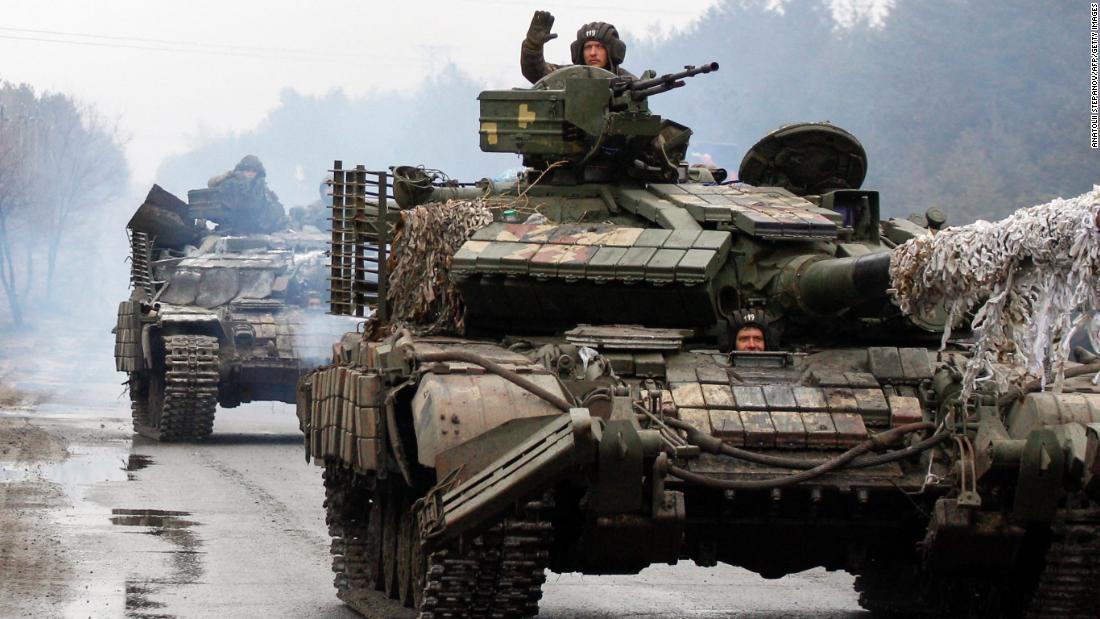Africa-Press – South-Sudan. The International Monetary Fund’s (IMF) recent report has projected a sharp slowdown in the global economy in 2022 due to the ongoing war in Ukraine. South Sudan, caught in the matrix of the global economy complicated by the February Russian invasion of Ukraine, has not spared its citizens.
Commodity prices have already risen sharply as a result of logistical issues and trade embargoes imposed by the United States and the European Union on Russia.
In March, in neighbouring Sudan, the world witnessed security forces fire bullets and tear gas canisters in an attempt to disperse thousands of protesters against inflation.
The country, like many others, is now caught in the throat by the rise in prices of grain and oil due to the invasion of Ukraine by Russia.
Closer to home, here in South Sudan, the International Monetary Fund warned of the same in March: acute food shortages and a rise in commodity prices.
While the recent global pandemic and three years of extensive flooding had initially jeopardised South Sudan’s ability to produce enough food, Russia’s ongoing invasion of Ukraine has added insult to injury.
The IMF’s April Global Economic Outlook faults the ongoing war in Ukraine for setting back global recovery.
“While the recent rise in global commodity prices from the war in Ukraine will increase South Sudan’s revenues from oil exports, most of the population will experience the impact in the form of higher prices of everyday goods—especially food and fuel,” the statement reads in part.
Economic implications
The ongoing war in Ukraine and sanctions on Russia are expected to generate substantial economic spillovers, principally through five channels. Global commodity markets: War-related interruptions to production, sanctions, and strongly impaired access to cross-border payment systems will disrupt trade flows, notably for energy and food. The magnitude of these changes depends not only on the decline in exports, as a result of the conflict and sanctions, but also on the elasticity of global supply and demand.
The report notes that although the price of oil has risen sharply, spare capacity in other countries and the release of petroleum reserves will likely mean that these increases will be contained over the medium term. In contrast, the relatively inflexible infrastructure needed to transport gas (pipelines are more important for gas than for oil, for example) means that global supply can adjust less easily, raising the prospect of higher prices for longer.
Prices of agricultural commodities are likely to rise further—particularly wheat (together, Russia and Ukraine account for close to 30 percent of global wheat exports) and, to a lesser extent, corn. These changes will add to the already soaring prices of staple foods and mean that disruptions to Russian exports may be windfalls for other commodity exporters.
The IMF however, commends the South Sudan government on the removal of restrictions on the foreign exchange market as it has made it possible for individuals and firms to buy and sell foreign currency at predictable and competitive rates.
This, it says together with prudent control of the money supply by the Bank of South Sudan, resulted in an appreciation of the SSP which has mitigated some of the rises in global prices.
To consolidate these gains, the IMF recommends that the authorities reiterate their commitment to refrain from monetary financing of the deficit and keep money growth under control, continue conducting regular foreign exchange auctions to maintain a market-determined exchange rate, and expand the instruments available for foreign exchange and liquidity management.
The mission further welcomed the authorities’ commitment to progressively reduce salary arrears and eliminate them by the end of the fiscal year, which will reduce the adverse impact of rising food and fuel prices due to the war in Ukraine.
“The economic effects of the war are spreading far and wide—like seismic waves that emanate from the epicentre of an earthquake—mainly through commodity markets, trade, and financial linkages,” partly read the report “Because Russia is a major supplier of oil, gas, and metals, and, together with Ukraine, of wheat and corn, the current and anticipated decline in the supply of these commodities.”
The report further suggests that countries could employ measures to withstand the anticipated rise in global inflation, ensure enough liquidity reserves, and adjust their monetary stances.
“In this difficult and uncertain environment, effective national-level policies and multilateral efforts have an ever more important role in shaping economic outcomes. “Central banks will need to adjust their monetary stances even more aggressively should medium- or long-term inflation expectations start drifting from central bank targets or core inflation remains persistently elevated,” it reads.
The war in Ukraine has triggered a costly humanitarian crisis that demands a peaceful resolution. Economic damage from the conflict will contribute to a significant slowdown in global growth in 2022.
South Sudan’s neighbouring East African countries of Uganda, Kenya, Rwanda, and Tanzania were already crying.
There was a rise in pump prices in the rest of East Africa with governments blaming the Russian invasion of Ukraine in late February, which has led to a disruption of the global supply chain and a rise in costs across the world.
President Uhuru noted in early April that the ongoing conflict between Russia and Ukraine had led to a spike in oil prices and its shortage as well as a jump in the cost of fertilizer essential in food production in the country.
“Just after persevering the effects of the coronavirus pandemic, another war has erupted in Europe and now the whole world has to suffer because of an oil shortage and other factors. The price of fertilizers has shot, the cost of fuel has also gone up and there has also been a shortage in petroleum products,” he said.
As the only East African County yet to experience the oil shortage, South Sudan, though an oil providing country but imports oil through Mombasa Port, has a minimal high oil price with a litre cost of about SSP 500 (1.01USD).
In its update on South Sudan’s economy after the formation of the coalition government, the World Bank predicts even more robust growth in the country’s economy now on the mend from the COVID-19 pandemic.
The World Bank forecasted a favorable economic outlook, with growth expected to be in the range of 7.9 per cent in the current financial year and projected exports to increase by 23 per cent.
“After a four-year contraction, South Sudan’s economy appears to be recovering and reached 3.2 per cent in the 2018/19 financial year. However, the economy is still affected by high inflation which stood at 170 per cent in October last year,” the Bank says in its latest updates on its website.
For More News And Analysis About South-Sudan Follow Africa-Press






